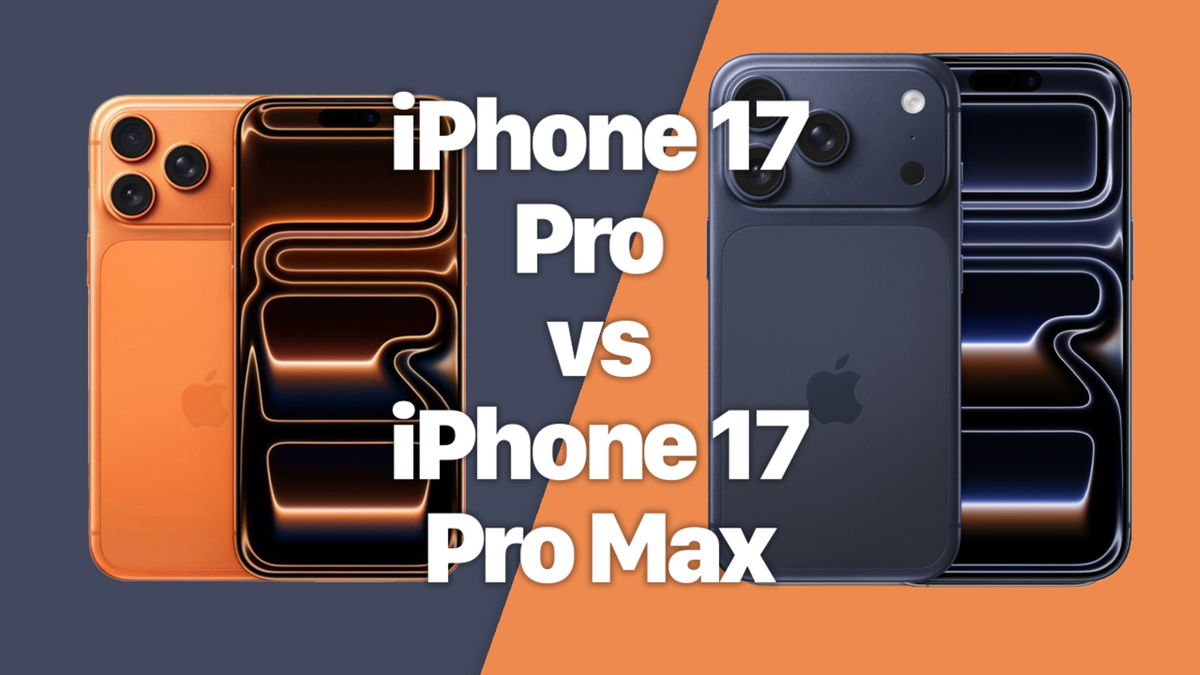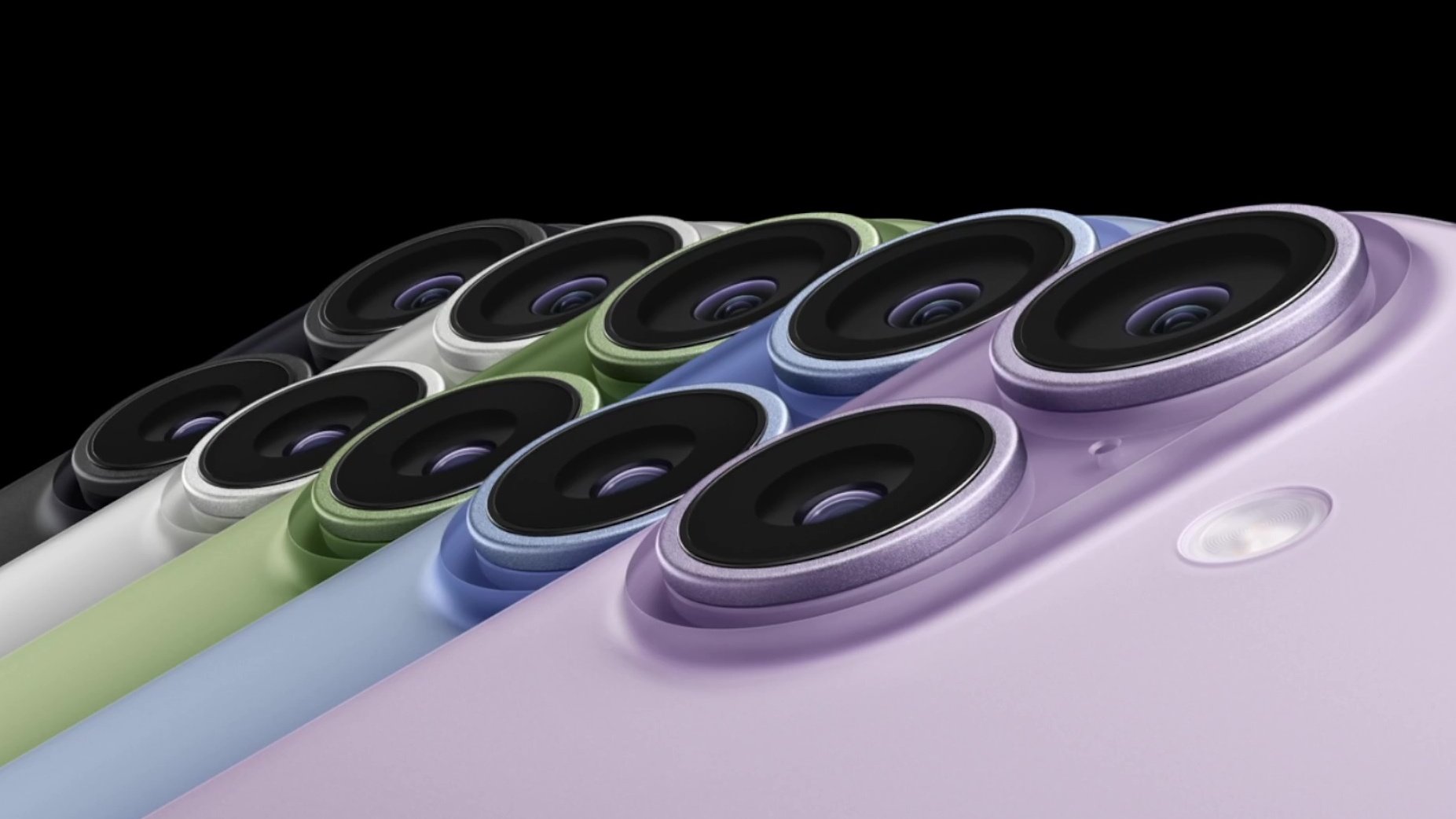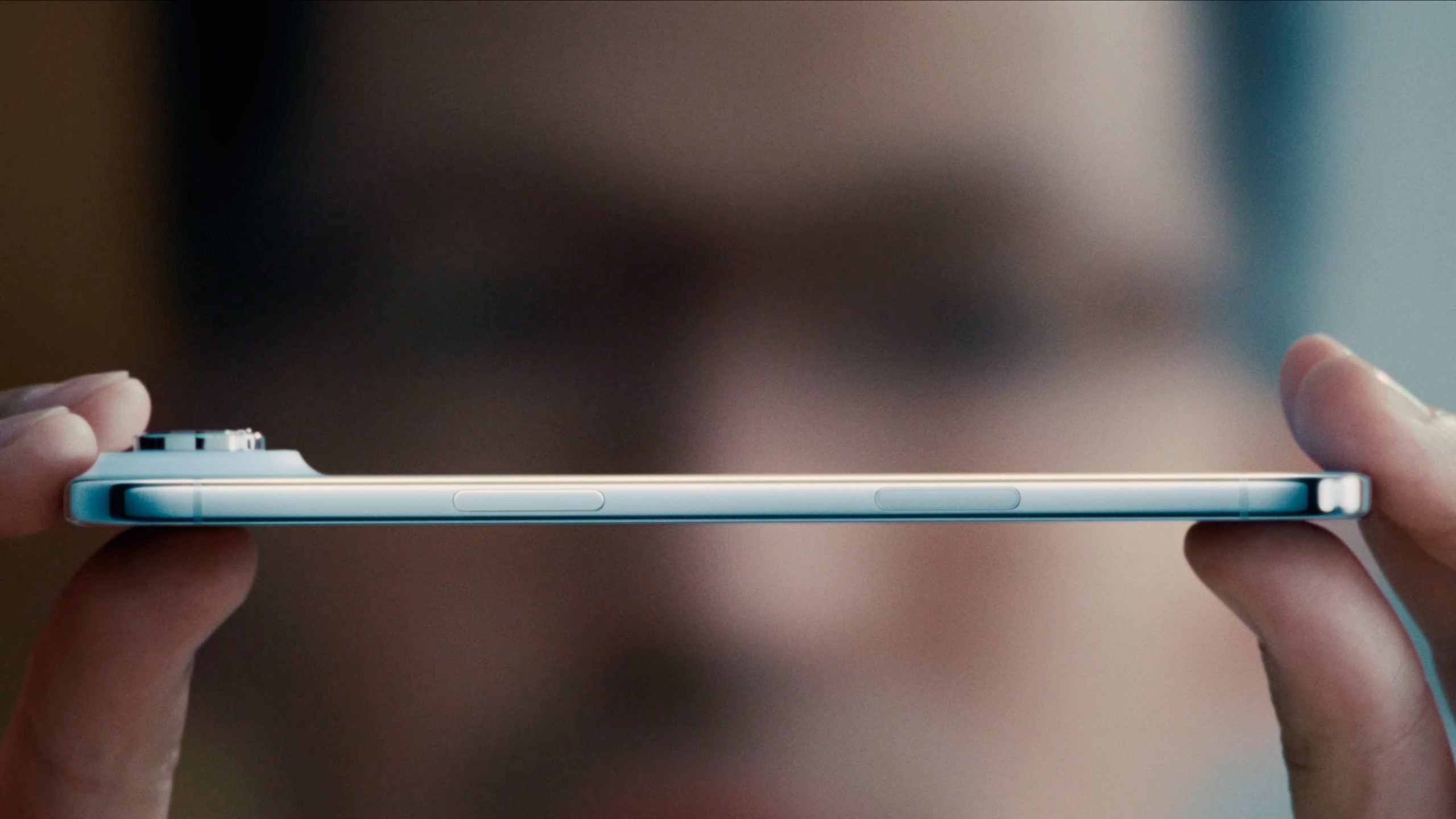What we announced a few days ago has come true: Xiaomi has just presented Redmi Note 14, Redmi Note 14 Pro and Redmi Note 14 Pro+. The three new mid-rangers have a list of updated features, a new design that’s very different from the previous ones, and a few surprises we didn’t expect to see from the Asian firm. Of course, there are doubts about its availability in the West, since the presentation took place in China.
Just yesterday, Xiaomi held an event in Berlin, where it told us everything about the Xiaomi 14T and 14T Pro – the latter, by the way, we have already tested – but did not mention anything about the Redmi Note 14. That is, it did not mention anything about the Redmi Note 14. Let’s say the company suggests that at the moment the new middle class does not cross borders. If they repeat the strategy of the previous generation, we will have to wait until January 2025 to get them in Spain.
The good news is that everything presented in China will sooner or later will eventually reach Europe and Latin Americaso now it is possible to know every detail of the new Redmi Note 14, three terminals that will bring chaos to the mid-range segment.


New Redmi Note 14, the most modest and economical
Most small family member This is the one that has changed the least compared to the previous generation. This new Xiaomi Redmi Note 14 still relies on flat bezels, an outstanding camera module (albeit with a different aesthetic) and a very interesting list of features for the price set by the company.
Despite being the cheapest option in the series, it is again one of the most recommended options, at least on paper, in the current scene. Its screen is 120Hz, Chip MediaTek that it integrates, memory, design and camera make it most likely worth paying for everyone 150 euros (instead) that Xiaomi announced for this Redmi Note 14.

Check out its feature list carefully because if your mobile budget is usually limited, this is one of the great options for 2025.
| Xiaomi Redmi Note 14 | |
|---|---|
| Screen | 6.67-inch OLED panel, FullHD+ resolution, 120 Hz frequency and 2100 nits maximum brightness. |
| CPU | MediaTek Dimensity 7025 Ultra |
| Memoirs | 6, 8 or 12 GB RAM 128 or 256 GB of internal memory |
| rear camera | Main sensor 50 MP – f/1.5 2 MP macro sensor |
| front camera | 16 MP sensor |
| Connectivity | Wi-Fi 5, Bluetooth 5.3 and 5G |
| Sensors and more | Fingerprint sensor, dual stereo speakers and IP68 certification. |
| operating system | Android 14 HyperOS |
| Battery | 5110 mAh Fast charging 45W |
| Dimensions | 162.4 x 75.7 x 7.99 mm 190 grams |
| Price | From 150 euros (In China) |
Redmi 14 Pro, raising the level
The Pro models of the Note series always offer an extra level, improve the design and are a more recommended option for those who want something higher quality. This year is no different and Redmi Note 14 Pro It has a better screen, a much smarter design, a design that bumps the experience up a few notches, and a slightly higher price.
In fact, this puts the regular version in a difficult situation, since it comes from from 150 to 180 euros and the leap in aesthetics and capabilities is very important. A good example is a curved screen with Resolution 1.5Ka 5500 mAh battery or a camera with an additional sensor for taking wide-angle photos.



If you have a little more budget when these phones arrive in Spain, choosing the Redmi Note 14 Pro might be the smartest decision. Here you have a complete technical data sheet.
| Xiaomi Redmi Note 14 Pro | |
|---|---|
| Screen | 6.67-inch AMOLED panel, 1.5K resolution, 120Hz frequency and 3000 nits maximum brightness. |
| CPU | MediaTek Dimensity 7300 Ultra |
| Memoirs | 8 or 12 GB RAM 128, 256 or 512 GB of internal memory |
| rear camera | Main sensor 50 MP – f/1.5 Wide-angle sensor 8 MP – f/2.2 2 MP macro sensor |
| front camera | 20 MP sensor |
| Connectivity | Wi-Fi 6, Bluetooth 5.4, NFC and 5G |
| Sensors and more | Fingerprint sensor, dual stereo speakers and IP68 certification. |
| operating system | Android 14 HyperOS |
| Battery | 5500 mAh Fast charging 45W |
| Dimensions | 162.33 x 74.42 x 8.24 mm 190 grams |
| Price | From 180 euros (In China) |
Redmi Note 14 Pro+, crème de la crème
Finally, we come to the most interesting of the three. He Redmi Note 14 Pro+ As you can imagine, it brings together all the most complex details and represents an important leap in sections such as camera, battery or fast charging. It is more expensive, and its price in the West when it arrives may be out of reach for many, but its characteristics justify it.
In China, its base price is around 250 eurosand it differs from the Pro model in that it offers a more powerful Qualcomm processor, a huge battery never before seen in a Redmi, and photography capabilities that now include a telephoto lens.

| Xiaomi Redmi Note 14 Pro+ | |
|---|---|
| Screen | 6.67-inch AMOLED panel, 1.5K resolution, 120Hz frequency and 3000 nits maximum brightness. |
| CPU | Qualcomm Snapdragon 7s 3rd generation |
| Memoirs | 12 GB RAM 128, 256 or 512 GB of internal memory |
| rear camera | Main sensor 50 MP – f/1.5 Wide-angle sensor 8 MP – f/2.2 50 MP telephoto lens, 2.5x zoom, f/2.0 |
| front camera | 20 MP sensor |
| Connectivity | Wi-Fi 6, Bluetooth 5.4, NFC and 5G |
| Sensors and more | Fingerprint sensor, dual stereo speakers and IP68 certification. |
| operating system | Android 14 HyperOS |
| Battery | 6200 mAh Fast charging 90W |
| Dimensions | 162.53 x 74.67 x 8.66 mm 210 grams |
| Price | From 240 euros (In China) |
When will they arrive in Spain?
Well, that’s the great unknown. This series usually repeats the script every year, so it’s not too difficult to predict what will happen with its availability. And, as already happened with Note 13, these Redmi Note 14 could set a Western release date in early 2025. To give you an idea: Xiaomi released the previous generation on January 15, 2024.
Source: Hiper Textual
I’m Ben Stock, a highly experienced and passionate journalist with a career in the news industry spanning more than 10 years. I specialize in writing content for websites, including researching and interviewing sources to produce engaging articles. My current role is as an author at Gadget Onus, where I mainly cover the mobile section.













